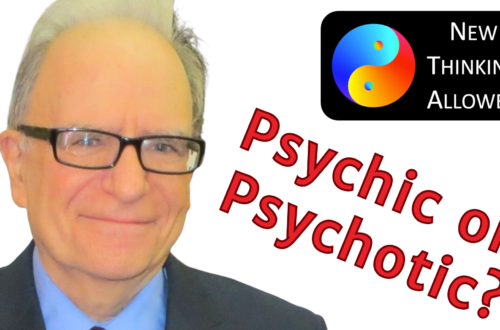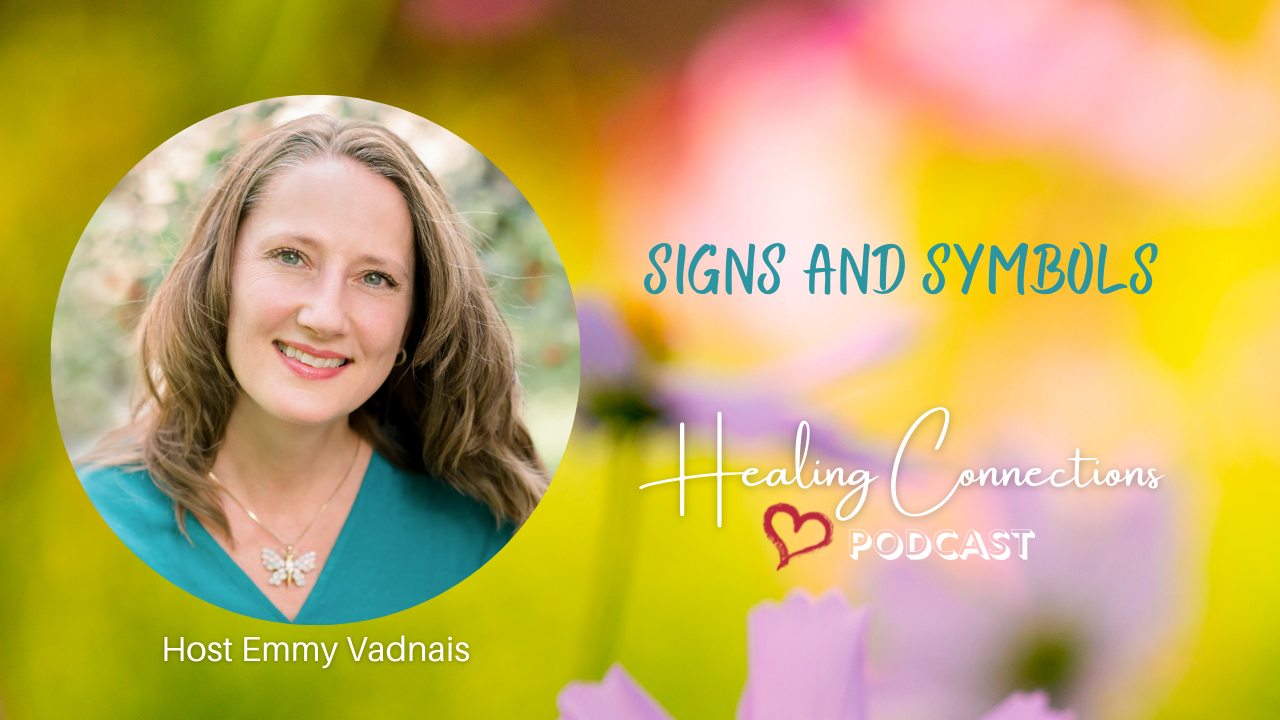
Bringing Healing to Pain: The Mind-Body Connection and What May Be Behind Your Pain
Are you experiencing pain or know someone who is? While it is good to get checked out by a qualified health care practitioner to determine if there may be a physical solution to your physical pain, there may be more behind your pain that you may be able to heal.
According to the National Institutes for Health pain affects more Americans than diabetes, heart disease and cancer combined. Pain is cited as the most common reason Americans access the health care system. It is a leading cause of disability and it is a major contributor to health care costs. Dr. Herbert Benson, who coined the term the Relaxation Response, stated that 60% of visits to doctors are in the mind body stress-related realm that are poorly treated by drugs and surgeries.
This means that if you or someone you know is experiencing physical pain that there is a good chance there is a stress related aspect that is underlying, exacerbating, or causing the pain.
“A 2010 Stress in America survey found that nearly 75% of Americans who responded to an online survey said that their stress levels are so high that they feel unhealthy. A summary by the American Psychological Association stated that the survey “showed that Americans appear to be caught in a vicious cycle where they manage stress in unhealthy ways, and lack of willpower and time constraints impede their ability to make lifestyle or behavioral changes. This is particularly true for those who believe themselves to be in fair or poor health. There also seems to be a troublesome trend emerging among families in which parents are underestimating how much stress their children experience and the impact their own stress has on their children. At the same time, children as young as eight years old are reporting that they experience physical and emotional health consequences often associated with stress.”
Stress defined by Richard Lazarus is a widely accepted definition: “stress is the result of determination that a demand exceeds resources available to meet the demand.” Stress is created when something is perceived as a threat. There are physical and biological responses to this threat. This is the Stress Response – you will either want to fight, flight or freeze.
You will either find ways to cope or meet that demand, or it can begin to take its toll and have negative physical and psychological ramifications on your health. Stress can create illness, weaken the immune system making a person more susceptible to disease, and if left untreated can even lead to death.
We may think of stressors being on the outside of us, which may be true. However, there may be also inside stressors – the way you cope, or don’t, beliefs about yourself, negative emotions, unresolved grief, projections onto others, and so forth.
It might be helpful for you to take a look at what may be underlying or creating that pain. Guided Imagery and connecting with your Intuition are great skills for discovering what may be happening on the inside that are your gifts and strengths to help you through, and what might be blocking, exacerbating, or keeping the pain and discomfort in place.There may be unresolved emotional pain, loss, or grief that wants attention and healing. After all, pain is trying to tell us something is wrong. Everyone wants to feel good. With these tools you can discover what your pain may be trying to tell you.
Learning stress management techniques is a must in life. Some people naturally may recognize that they need to slow down and go fishing, spend time in the garden, or that their exercise is a great stress reliever. It is good to find activities that you can engage in that help you to be present so your mind is not thinking about the past or future – just enjoying the now.
Relaxation techniques, meditation, and prayer have been practiced for thousands of years, because they work. Modern science and health studies have shown sufficient data that regularly practicing relaxation techniques can lower stress, anxiety, pain, depression, post traumatic stress, improve mental and emotional well-being, improve self-esteem, among many other benefits and can positively affect the way the genes express themselves.
Regularly practicing the relaxation response may be able to prevent illness, disease, and pain. If a person is already experiencing the physical and psychological tolls of stress, the relaxation response may be able to help a person recover.
I regularly teach people ways to induce the relaxation response and it has been repeatedly demonstrated to me and those I have helped to be effective for lowering pain and the above mentioned benefits. Sometimes, people try to feel good, but ignore the relationships, the inner self-talk, negative emotions, and they suppress this part of themselves. This can further keep the pain alive and well. Until you get to the core of what may be behind your pain, it will continue to get your attention. It is a balance of feeling more peaceful, while bringing healing light and love to the hurt places. Then, they will turn to peace.
Consider seeking out help from a qualified professional to help you in these areas, go to a meditation or yoga class, and get involved with activities that bring you joy and pleasure.



